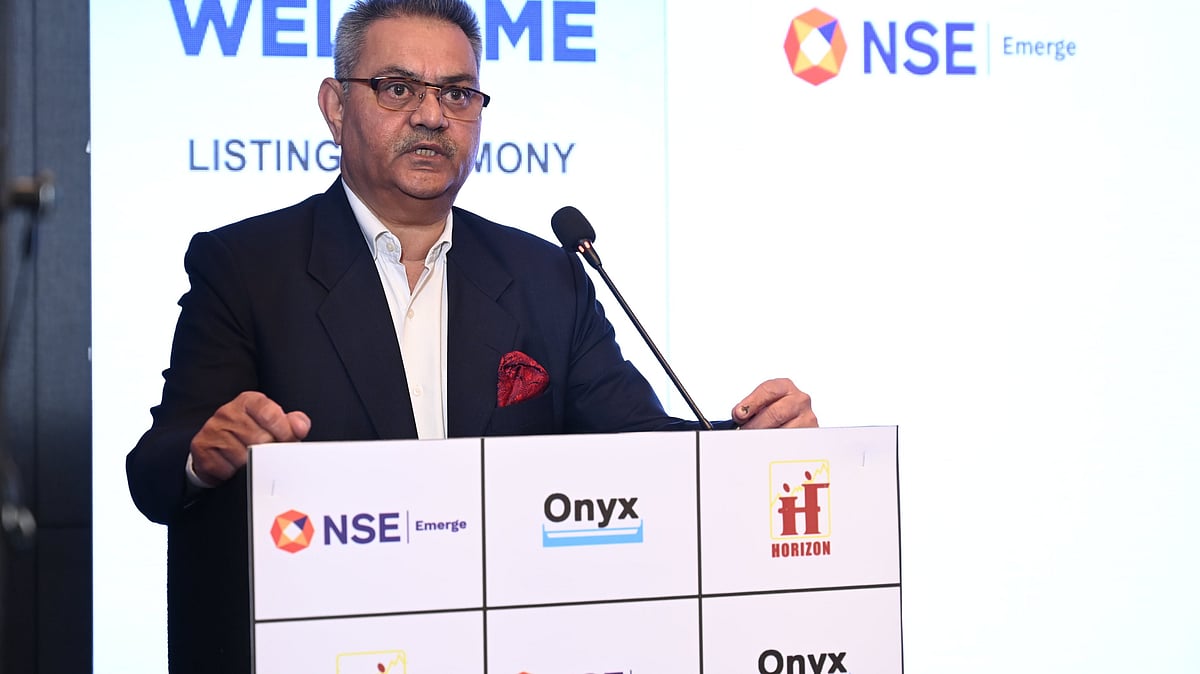A cardinal feature of liberal democracies is a belief in individual liberty and appropriate safeguards from persecution. It is a view that endorses transparency and zealously places limits on the ability of the state to dictate individual behaviour. This intrinsic value accorded to individual expression is what distinguishes liberal democracies from their authoritarian counterparts. Against this backdrop, the recent arrest of activist Disha Ravi and a growing climate of hostility towards journalists poses challenging questions not just for the Indian administration but the wider public too. Far from being unpatriotic, letting a culture of diverse perspectives thrive is integral to democracy.
Amid the chatter of ‘toolkits’ and overblown conspiracies, the scale of institutional paranoia that led to a young activist’s arrest is all too apparent. She is accused of allegedly sharing details regarding the farmers’ protest with Greta Thunberg. It is extraordinary that this young woman faces charges of sedition and criminal conspiracy in this day and age. The hardened subtext seems to be a warning missive to millions of youthful Indians to avoid troublesome causes: leave politics to the politicians.
Cloak of patriotism
Underpinning this heavy-handedness is a convenient cloak of patriotism. It ensures that any well-meaning skepticism can be brushed aside as an anti-national trope. Rather than engaging with substance, there is an instinctive appeal to jingoism, in order to deflect attention. How else to explain the deluge of cringeworthy tweets from domestic celebrities as well as the Ministry of External Affairs, asking popstar Rihanna to back off from the farmers’ protests? When sovereignty is invoked to brush aside debate, it may satisfy some in the establishment. But to the outside world, it comes across as churlish and insecure.
More to the point, the growing insularity of official discourse stands to damage Indian credibility among democratic peers. Geopolitically, the pandemic has presented India with an opportunity to rebuild alliances as a democratic counterweight to an authoritarian China. Strategic and military cooperation amongst the ‘Quad’, comprising the US, Japan, Australia and India, is poised to deepen. Such allies will feel more than a murmur of disquiet as they watch their Indian counterparts borrow a leaf from the Beijing politburo. Make no mistake, a Biden White House will not be impressed. The days of Trumpian ‘Howdy Modi’ rallies are long gone.
All-too familiar struggle
Writing from behind the Iron Curtain, the Czech novelist Milan Kundera memorably wrote: “The struggle of man against power is the struggle of memory against forgetting.” It is lamentably a struggle that many Indian journalists are becoming utterly familiar with. PEN International has documented the increased threat to Indian journalists – the murders of journalists and activists such as Gauri Lankesh, MM Kalburgi, Narendra Dabholkar and Govind Pansare have not taken place in a vacuum. It is chilling to note that in its most recent ‘Global Impunity Index’, the Committee to Protect Journalists ranked India among the worst countries in the world when it comes to failing to prosecute the killers of journalists.
For its part, the Modi government has argued that it should not be faulted on account of events beyond its control. Further, it has contended that its mostly left-wing critics are politically motivated. Be that as it may, the reality is that the government’s pronouncements have been lukewarm at best and indifferent at worst. For all these reasons, it is important that the Modi government steps in to robustly dispel the impression that it implicitly condones a crude agenda in which there is little room for dissenters.
The issue at hand matters beyond domestic considerations. At a time where many authoritarian regimes are keen to extend their influence, it is more important than ever for India to illustrate that a democratic counterpoint which respects diversity still provides a better model of governance. That said, from a comparative perspective, the worry is that the Modi government’s socio-religious positioning has begun to echo its Turkish counterparts’ slide.
The broader point remains that providing space for a dissenting voice is a salient attribute of liberal democracy. Dissent and democracy are deeply connected: by curtailing the former, there is a serious risk of harming the latter.
Landmark dissent
Indeed, at crucial stages of the republic’s history, dissenting voices have played an important role in fighting for the protection of individual freedom. No greater illustration can perhaps be provided than by Justice Khanna’s landmark dissenting opinion in the infamous ‘Habeas Corpus’ case before the Supreme Court during height of the Emergency, where he remained the sole member of a five-member bench to maintain that an executive order could not exclude a detainee’s recourse to the legal process.
Several decades since those infamous days, Justice Khanna’s moral courage still serves as a powerful affirmation that dissent and democracy are not mutually exclusive. Ironically, given that many senior members of the current government honed their activism during the Emergency era, this government should appreciate better than most that the capacity to tolerate contrary views is essential to liberal democracy. Given this, its apathy does much disservice to the citizens it represents by allowing a culture of intolerance to mutate leaving hardly any safe space for dissenters.
The writer is a London-based lawyer and political commentator.










